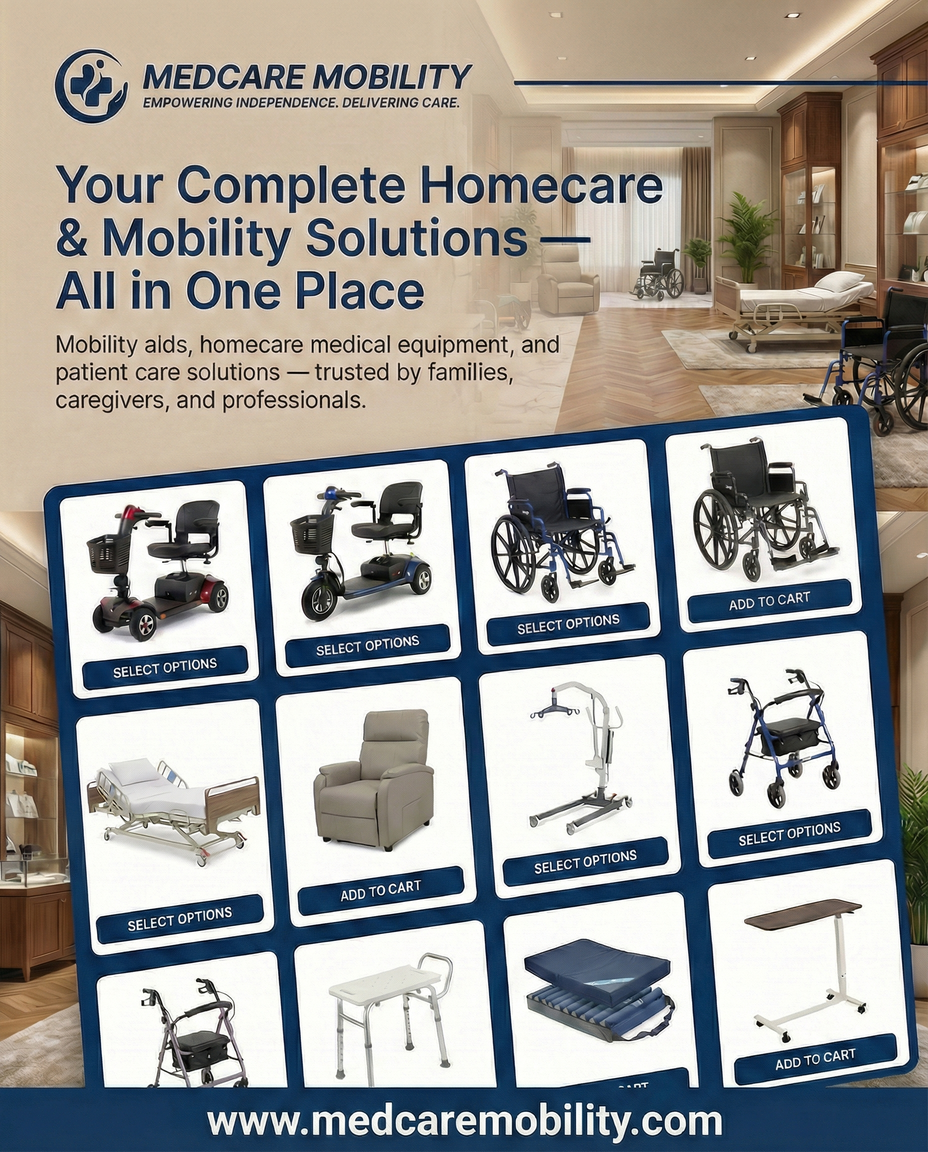Addressing the mental health care needs of veterans has become a critical focus for healthcare providers and policymakers. Veterans face unique challenges, including post-traumatic stress disorder (PTSD), depression, and anxiety, which require specialized approaches to treatment and support. Recent developments in mental health care are aiming to meet these needs more effectively, improving outcomes and enhancing quality of life for those who have served.
Understanding Veterans’ Mental Health Needs
Veterans often experience mental health challenges that stem from their service-related experiences. According to the Department of Veterans Affairs (VA), approximately 20% of veterans returning from combat zones experience PTSD, and many also face depression and anxiety (VA National Center for PTSD, 2024). The unique stressors associated with military service, such as exposure to combat, deployment-related stress, and reintegration challenges, contribute significantly to these conditions.
A comprehensive understanding of these issues is crucial for developing effective mental health care strategies. Recent studies published in JAMA Psychiatry in July 2024 have highlighted the prevalence of mental health disorders among veterans and the impact of service-related stressors on their mental well-being (JAMA Psychiatry, July 2024).
Innovative Approaches to Mental Health Care
To address the mental health needs of veterans, several innovative approaches have been introduced:
- Telehealth Services: Telehealth has emerged as a valuable tool for providing mental health care to veterans, especially those in remote or underserved areas. The VA’s TeleMental Health program, which expanded significantly in 2024, offers virtual counseling and therapy sessions, making it easier for veterans to access care without the need for travel (VA Telehealth Services, 2024). Research published in Telemedicine and e-Health in May 2024 demonstrates that telehealth services have significantly improved access to mental health care and patient satisfaction among veterans (Telemedicine and e-Health, May 2024).
- Integrated Care Models: Integrated care models, which combine mental health and primary care services, are being increasingly adopted to provide holistic support. The VA’s Patient-Aligned Care Teams (PACT) program, implemented in early 2024, integrates mental health professionals into primary care settings, allowing for more seamless and comprehensive care (VA PACT, 2024). Studies from Health Affairs in June 2024 have shown that integrated care models lead to better management of mental health conditions and improved overall health outcomes for veterans (Health Affairs, June 2024).
- Peer Support Programs: Peer support programs have proven effective in helping veterans navigate their mental health challenges. Programs such as the VA’s Veterans Crisis Line and Peer Support Specialist Program offer veterans the opportunity to connect with others who have similar experiences. Research from The Journal of Behavioral Health Services & Research in April 2024 highlights the positive impact of peer support on veterans’ engagement in treatment and recovery (The Journal of Behavioral Health Services & Research, April 2024).
Resources for Veterans
For veterans seeking support and resources for mental health care, several organizations and programs offer valuable assistance:
- Veterans Crisis Line: A confidential resource providing 24/7 support for veterans in crisis. Veterans can call, text, or chat online for immediate assistance. Veterans Crisis Line
- National Center for PTSD: Offers information, resources, and support for veterans dealing with PTSD and related conditions. National Center for PTSD
- VA Telehealth Services: Provides virtual mental health care services for veterans, making it easier to access therapy and counseling. VA Telehealth Services
- The Red Cross Services for Military Families: Provides support for service members and their families, including mental health resources. Red Cross Military Services
- Give an Hour: A nonprofit organization offering free mental health services to veterans and their families. Give an Hour
- Wounded Warrior Project: Provides support and services for wounded veterans, including mental health resources. Wounded Warrior Project
Challenges and Future Directions
Despite these advancements, several challenges remain in meeting the mental health care needs of veterans. Stigma surrounding mental health issues, variability in access to care, and the need for more resources continue to be significant barriers. According to a report by the RAND Corporation in March 2024, addressing these challenges requires ongoing efforts to reduce stigma, increase funding, and enhance the availability of mental health services (RAND Corporation, March 2024).
Future directions for improving veterans’ mental health care include expanding the use of innovative technologies, such as virtual reality therapy for PTSD, and enhancing collaboration between military and civilian healthcare systems. Continued research and policy development will be essential in advancing these efforts and ensuring that veterans receive the comprehensive care they need.
Conclusion
Meeting the mental health care needs of veterans is a multifaceted challenge that requires a combination of innovative approaches, integrated care models, and supportive programs. Recent developments in telehealth, integrated care, and peer support are making significant strides in improving mental health care for veterans. As we move forward, addressing the remaining challenges and expanding these initiatives will be crucial in providing effective, compassionate care for those who have served our country.
For more information and resources on mental health care for veterans, refer to the Veterans Crisis Line, National Center for PTSD, VA Telehealth Services, Red Cross Military Services, Give an Hour, Wounded Warrior Project, and the RAND Corporation (March 2024).

